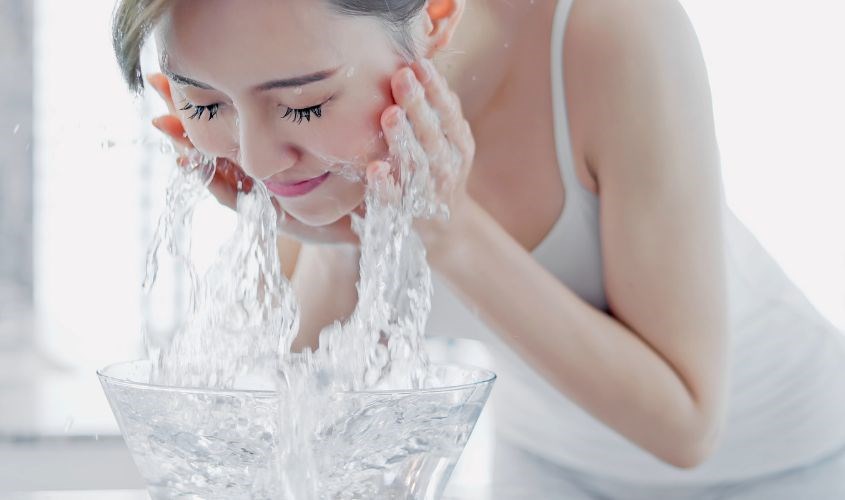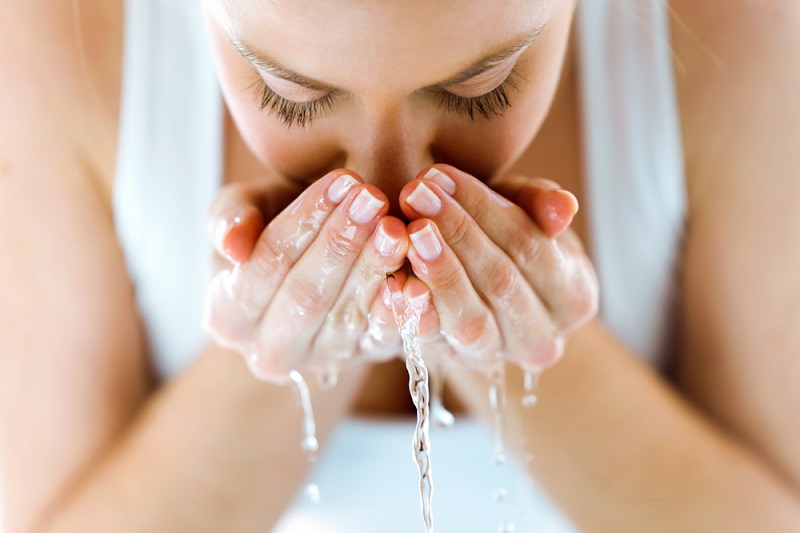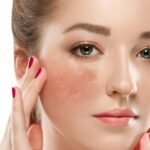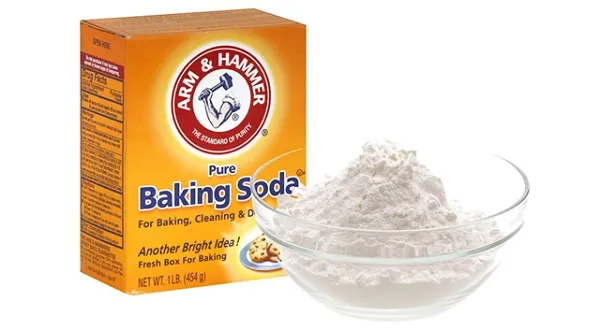The Benefits of Cold Water for Your Skin: What’s the Deal with Washing Your Face in Cold Water?
Coldwater has a myriad of benefits for the skin, especially when it comes to controlling oil and combating acne. Its ability to regulate sebum production helps prevent breakouts by keeping pores clear.
It is also ideal for those with sensitive, easily irritated skin, such as rosacea patients. While hot water can dilate blood vessels and make the skin appear redder, cold water soothes and calms the skin.

Cold water helps regulate sebum production, keeping breakouts at bay.
Washing your face with cold water can also reduce eye puffiness, improve skin elasticity, and tighten pores. When the water temperature drops below 21°C, it stimulates blood flow, boosts endorphin production (the happy hormone), and enhances metabolism.
However, there is a downside to exclusively using cold water. Since it tightens pores, dirt and bacteria can become trapped and not be thoroughly removed as they would with warm water.
The Goldilocks Temperature: Warm Water as the Optimal Choice for All Skin Types
Warm water is the happy medium when it comes to cleansing your skin. It effectively cleanses without causing irritation. According to the American Academy of Dermatology, warm water is the neutral choice suitable for all skin types. It gently opens up pores, aiding in the removal of excess oil and the day’s buildup of dirt and grime.
Another benefit of warm water is that it prepares your skin to better absorb skincare products like serums and moisturizers. However, it’s important to avoid drastic temperature changes from hot to cold, as this can cause broken capillaries under the skin.

Warm water effectively cleanses the skin without causing irritation.
How Often Should You Wash Your Face?
Dermatologists recommend washing your face twice a day—once in the morning and once in the evening. Overwashing can lead to dry and irritated skin.
-
Morning: Even if you don’t wear makeup to bed, your skin still accumulates bacteria from your pillowcase. Washing your face in the morning helps remove excess oil and reduce eye puffiness.
-
Evening: This is a crucial step to remove the day’s buildup of dirt, makeup, and excess oil.
Tips for Maintaining Clean and Healthy Skin
-
Gentle Cleansing: Use your fingertips to gently cleanse your face, avoiding harsh scrubbing. Pat your face dry with a soft towel.
-
Post-Workout Cleanse: After working out, be sure to wash your face to prevent clogged pores from sweat.
-
Hydrate from Within: Drinking enough water (1.8 liters per day) helps maintain your skin’s natural moisture.
-
Choose the Right Products: Select a cleanser suitable for your skin type, and consider using serums and moisturizers containing ingredients like salicylic acid, glycolic acid, lactic acid, and Vitamin C.
Experts recommend using warm water to deeply cleanse your skin and remove impurities. You can then finish with a splash of cold water to tighten pores and promote blood circulation, resulting in a more youthful and vibrant complexion.



































